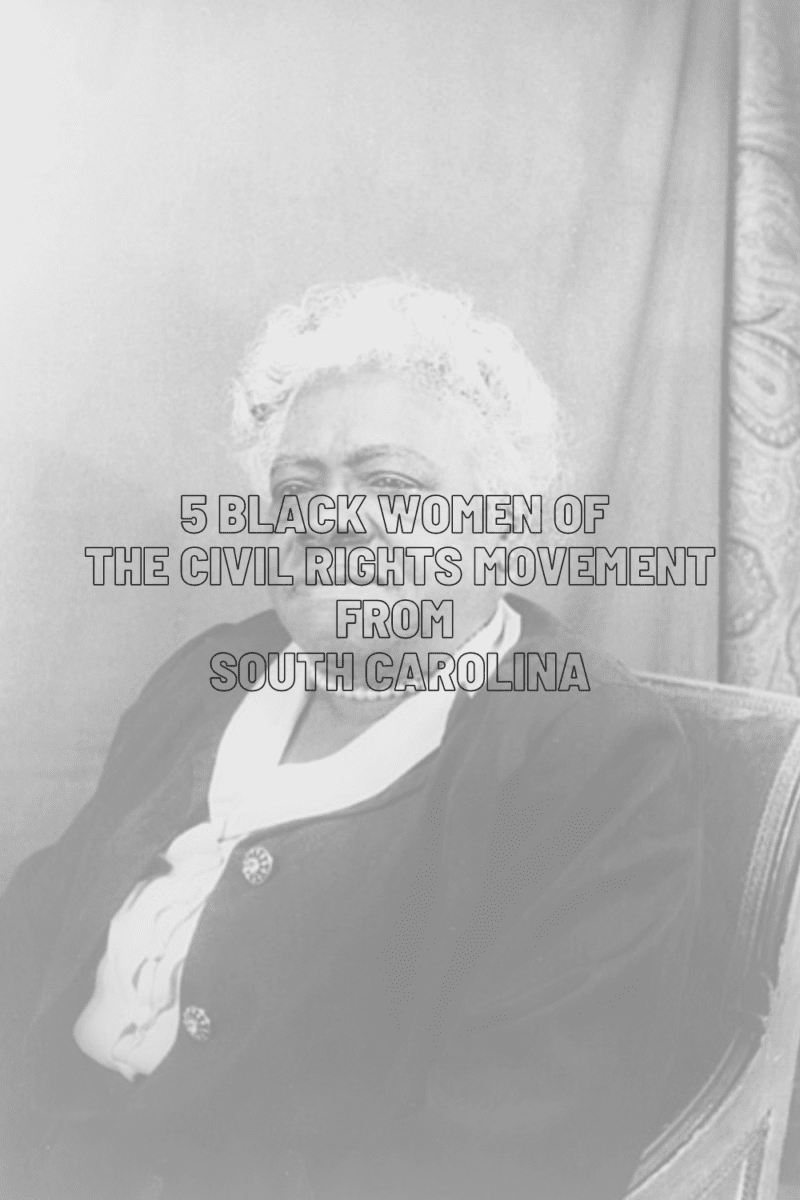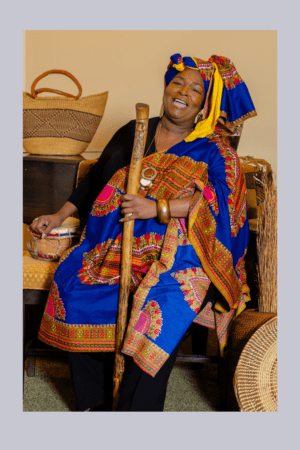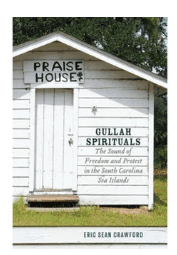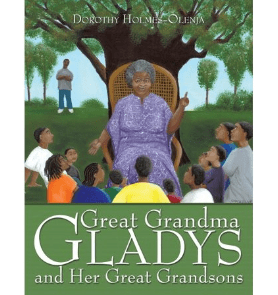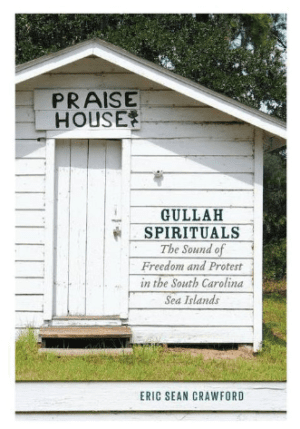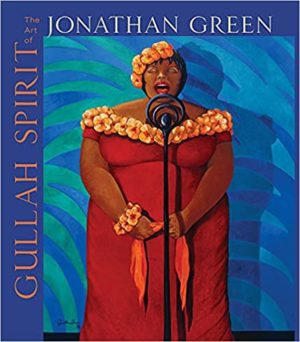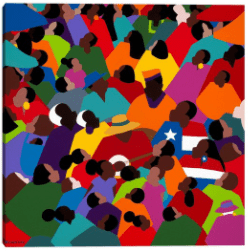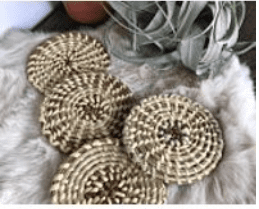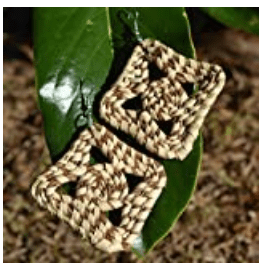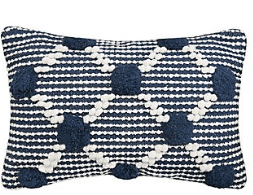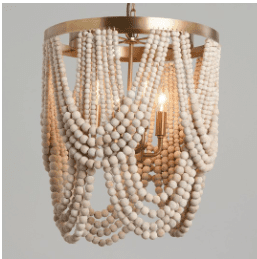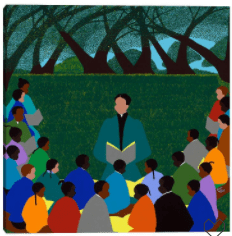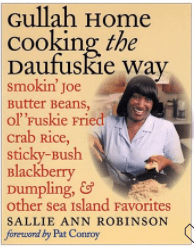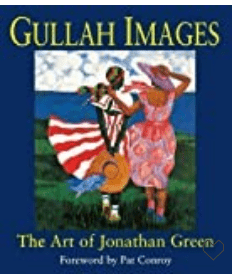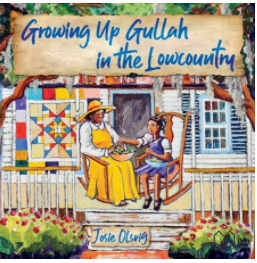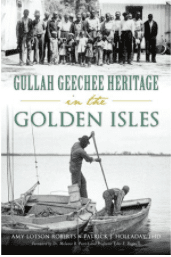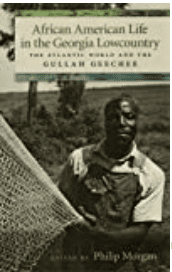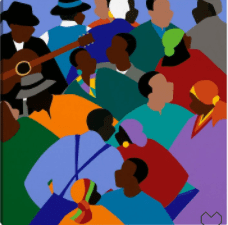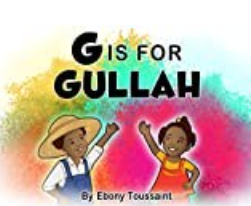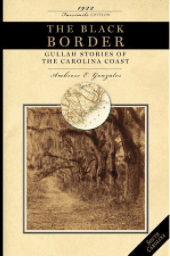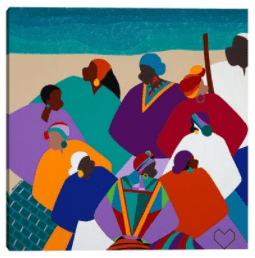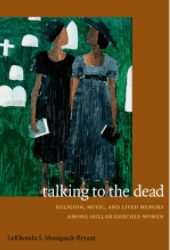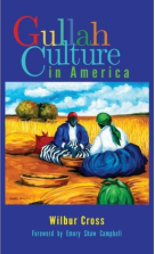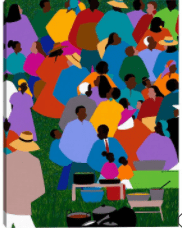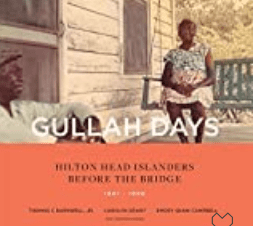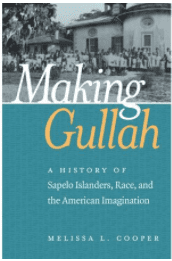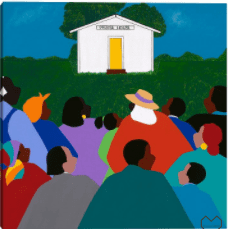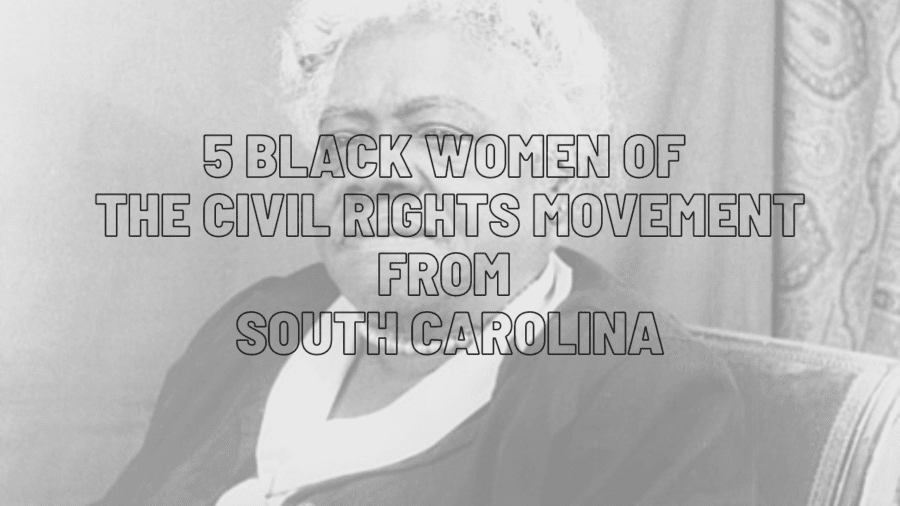
From Elizabeth Evelyn Wright finding my HBCU, Voorhees College, to Miss Althea Gibson being the first African American tennis player to compete in the U.S. National Championships in 1950 and the first Black player to compete at Wimbledon in 1951; South Carolina is the location where a great deal of Black Southern Belle history lies. Besides being trailblazers for the start up of HBCUs or being physically capable of completing difficult and tedious tasks, South Carolina women are powerful and pioneers in the African American community.
This great Southern state has seen a difficult past. From slavery to inequality, South Carolina has overcame much of the struggle because of these same trailbalzers, who are women, that have focused on selflessness and the betterment of our people. One particular adverse happening that was prominent in South Carolina was the Civil Rights Movement.
The Civil Rights Movement was overall the fight for social justice for African American individuals that took place during the 1950s to the 1970s. Because this movement was to confirm the emanciapation of slavery and racial oppression, many African Americans were passionate to gain our basic civil rights. That’s why today I am going to feature 5 Black Women, born and raised in South Carolina, who have fought for our civil rights and the advancement of our race.
5 Black Women of SC Civil Rights Movement
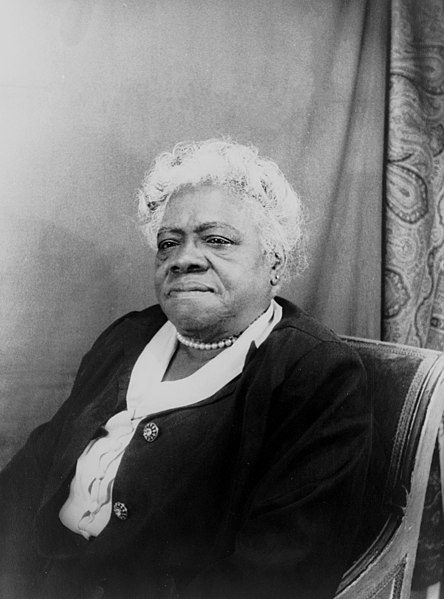
Mary McLeod Bethune
Ms. Mary McLeod Bethune, who is the daughter of former slaves, is a Sumter County native who has seen a fair share of accomplishments and showed great humanitarianism. As an educator, stateswoman, philanthropist, and HBCU Bethune-Cookman University founder, Ms. Bethune has given our community more to be grateful for. Besides these well known successful acts of public service, her work with the Roosevelt administration where she led the informal “Black Cabinet,” issues black communities faced, and mobilizing support for African American war participants, Ms. Bethune has become an important figure for the civil rights movement.
Most known as the “Queen Mother of the Civil Rights Movement,” Ms. Clark was an astounding leader in the Black community. This Charlestoian served as the leader in the NAACP, the Highlander School, and the Southern Christian Leadership Conference (SCLC). Septima Clark developed literacy and citizenship workshops that taught blacks to read which played an important role in the drive for voting rights and human rights for African Americans during the Civil Rights Movement.
Along with Ms. Clark, Bernice Robinson, another Civil Rights activist, assisted with teaching blacks to read. Together, these Charlestonians were able to better assist African Americans in understanding the Constitution enough to make their vote count. Besides helping over two million suppressed citizens gain their right to vote, Robinson worked as a seamstress, opened her own beauty salon and became secretary and chair of membership for the local Charleston National Association for the Advancement of Colored People (NAACP).
Dr. Annie Bell Ranzy Stinson Weston
Born in 1912 in Calhoun County, Dr. Annie Bell Ranzy Stinson Weston became just like many other South Carolina raised women. Passionate about schooling and politics, Dr. Weston is what many Southern Belles strive to be. Receiving a bachelor’s degree from Benedict College, her master’s degree from Columbia University in New York, and her Doctorate also from Benedict College, Dr. Weston was sure to not let anyone stand in her way. This attitude was the attitude she wanted to spread to others. During the Civil Rights Movement, she encouraged others to do the same. She assisted with voter registration, attended the Democratic National Convention multiple times, and traveled frequently to become an advocate and provide lectures about politics and race.
SC Representative Whipper, was also known for her civil right pioneership from a young age. In 1944 Representative Whipper was a student activist at her high school, the Avery Institute. With hopes after graduation to desegregate the College of Charleston and while at Talladega College the goal to integrate college organizations throughout the state, Rep. Whipper was highly aware of the lack of equality in the black community and wanted to assist in the change. Therefore, in the late sixties Mrs. Whipper and others organized Operation Catch-Up, a tutorial program for high school students, and also spearheaded the founding of the Avery Institute at the College of Charleston, a nationally-recognized archive of African-American history.
As many can see, African American women of South Carolina have contributed a lot to the Civil Rights Movement and have served as pioneers in our community. So let’s continue the legacy they created and continue to fight for our equal rights just like these Southern Belles have done.
